TikTok And Instagram Are Making Obsessively Organized Kitchens A New Status Symbol
‘Pantry porn’ on TikTok and Instagram makes obsessively organized kitchens a new status symbol.
Neatly aligned glass spice jars tagged with printed white labels. Wicker baskets filled with packages of pasta, crackers and snacks. Rows of flavored seltzer water stacked in double-decker plastic bins.
In today’s consumer culture, “a place for everything and everything in its place” isn’t just a mantra; it’s big business. Nowhere is this more evident than the kitchen pantry.
Most people can relate to finding half-empty cereal boxes squirreled away in the cupboard or letting produce sit just a bit too long in a refrigerator drawer.
But for a subset of social media denizens, such sacrileges would never grace their feeds.
As someone who studies digital consumer culture, I’ve noticed an uptick ...

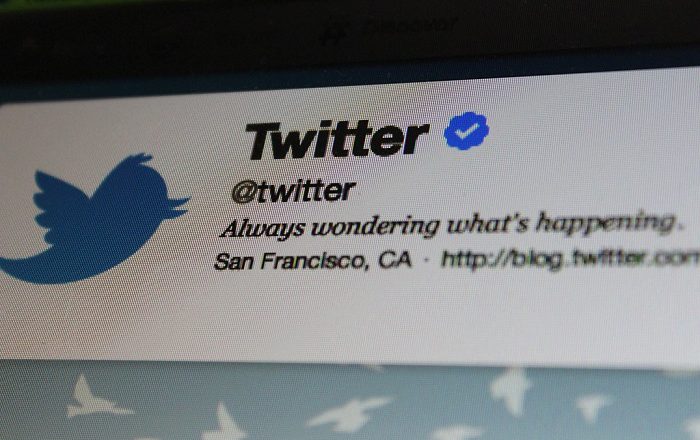
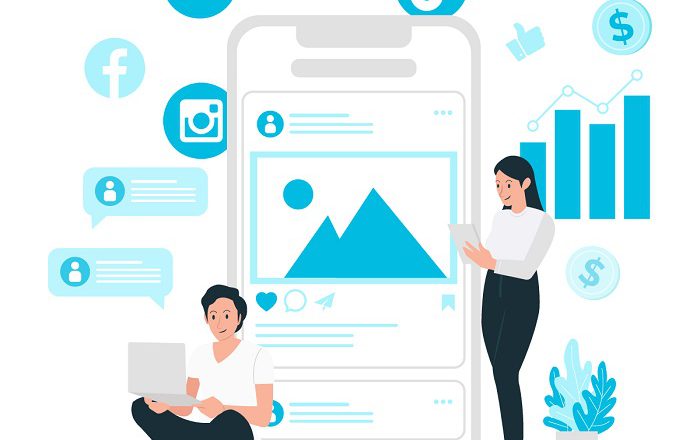

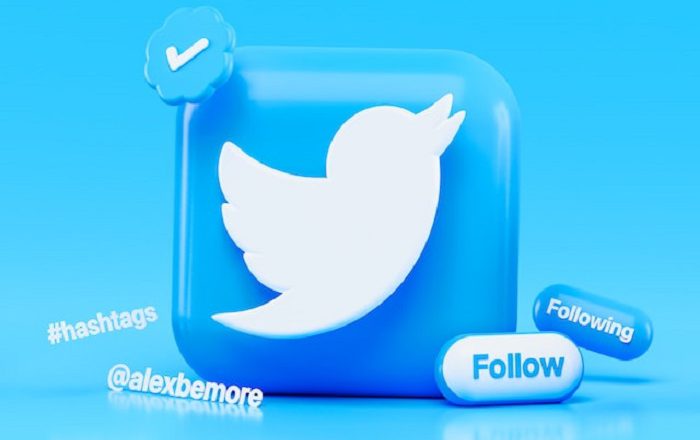
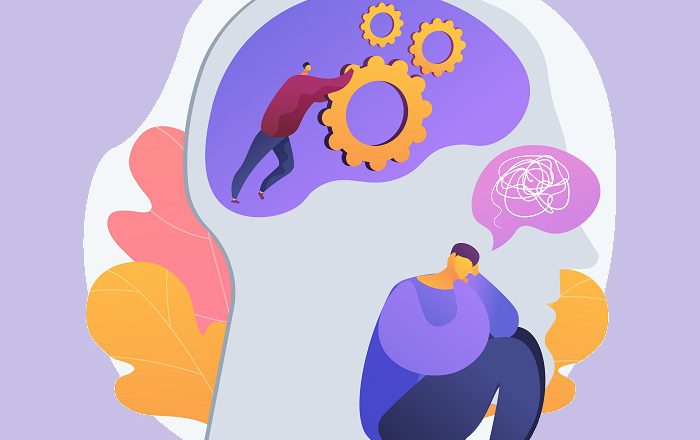
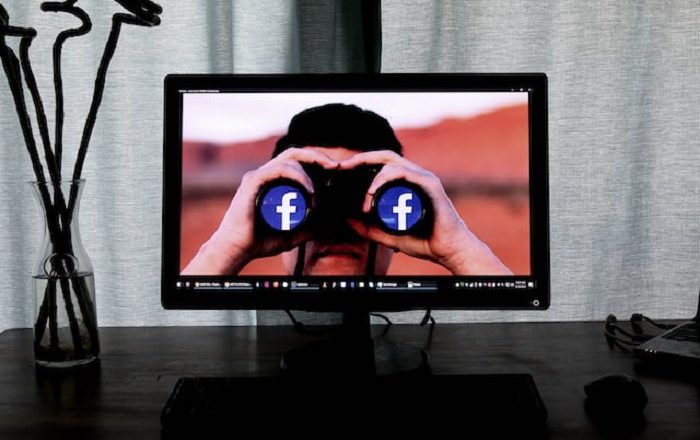
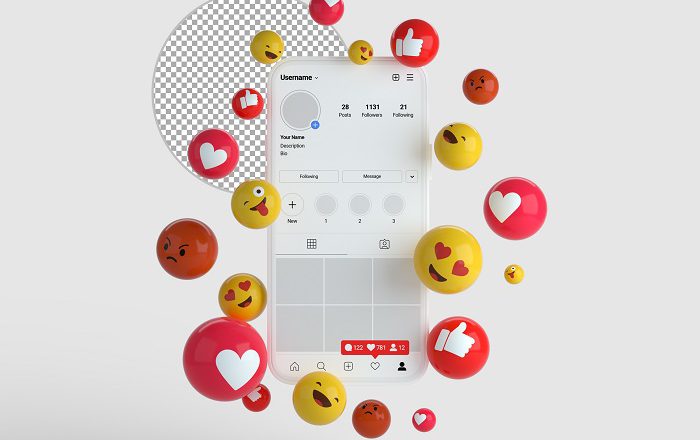
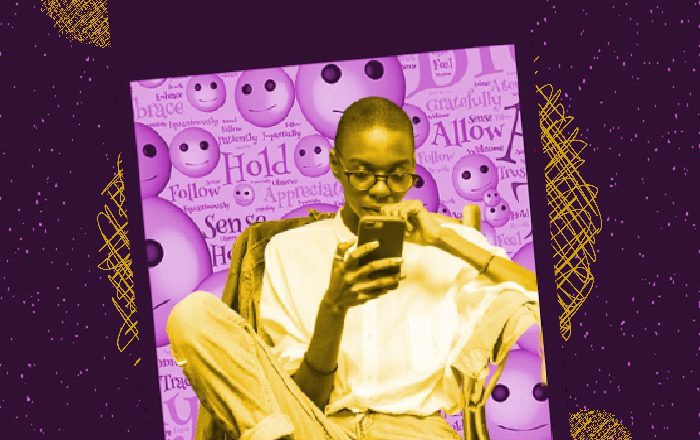



 ,” for example, or “2476”?
An alternate choice for unlocking a smartphone. Lydia Kraus et al., 'On the Use of Emojis in Mobile Authentication,' 2017., CC BY-ND
Smartphone users commonly use emojis to express moods, emotions and nuances in emails and text messages – and even communicate entire messages only with emojis. In 2015, a British company tried using emoji passcodes in place of PINs at bank ATMs. But there had been no formal study of how easy they were to use, or how secure they were in comparison to other methods, like PINs.
To learn more, in the lab and in the real world, a team of researchers from ...
,” for example, or “2476”?
An alternate choice for unlocking a smartphone. Lydia Kraus et al., 'On the Use of Emojis in Mobile Authentication,' 2017., CC BY-ND
Smartphone users commonly use emojis to express moods, emotions and nuances in emails and text messages – and even communicate entire messages only with emojis. In 2015, a British company tried using emoji passcodes in place of PINs at bank ATMs. But there had been no formal study of how easy they were to use, or how secure they were in comparison to other methods, like PINs.
To learn more, in the lab and in the real world, a team of researchers from ... 